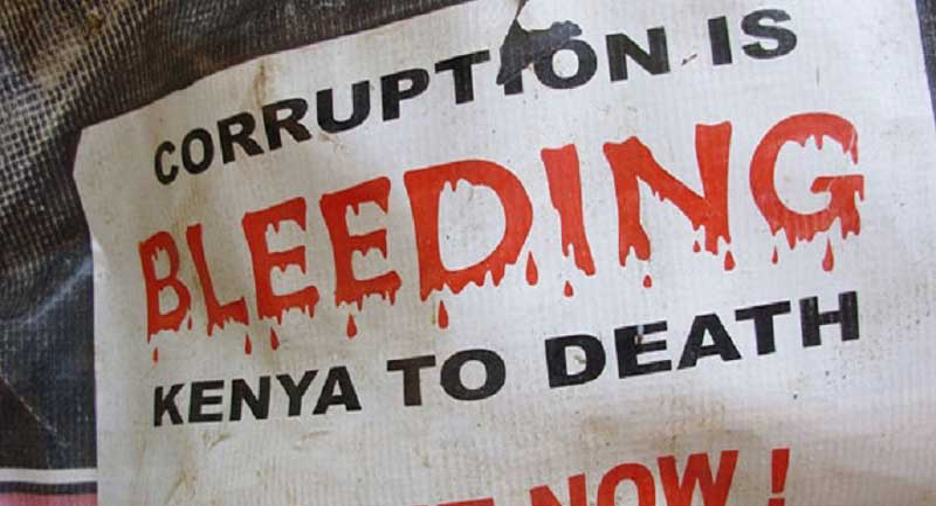As we grapple with inefficiencies and the cycle of early electioneering, it’s sobering to observe the seamless transition in the United Kingdom, where elections were conducted in a single day, and the new government began its work swiftly. Ministers in the UK earn approximately half of what their Kenyan counterparts make, yet operate in a system where corruption is strictly prohibited and efficiency is paramount. In contrast, Kenya’s political and governance landscape appears marred by inefficiencies, rampant corruption, and resource mismanagement. This raises a critical question — Who are we emulating? Are we learning from the best practices globally, or are we falling into a pattern of dysfunction? It’s time to press the reset button.
Gen Z has fearlessly highlighted our government’s inefficiencies and rampant corruption, draining resources meant for development. Despite high salaries, politicians have not improved governance or reduced corruption. Frequent early electioneering disrupts governance, causing instability and diverting attention from critical developmental issues. Moreover, projects from previous administrations are often dismantled to deny political opponents mileage, resulting in wasted resources and halted progress.
Our neighbors in Rwanda offer a compelling example of what can be achieved with a zero-tolerance approach to corruption. Under President Kagame, who recently won re-election, Rwanda has implemented stringent anti-corruption laws and an effective judicial system to prosecute offenders. This has led to significant improvements in public service delivery and economic growth. Similarly, Singapore’s transformation from a developing nation to a global economic powerhouse is due to its focus on meritocracy and strict accountability. Public officials are selected based on merit, and corruption is met with severe penalties. Singapore’s transparent governance and efficient public service are exemplary models for developing nations.
Taking a global tour, New Zealand is renowned for transparent government operations and strong anti-corruption measures, ranking high in global transparency with efficient public service and swiftly implemented policies due to high ethical standards for officials. Germany’s efficient bureaucracy delivers prompt public services. Strict adherence to rules and a strong anti-corruption stance ensure optimal use of resources. Robust infrastructure and economic stability highlight its effective governance. Canada’s governance model prioritizes inclusivity, transparency, and accountability, ensuring public participation and combating corruption. Effective public service and high living standards reflect its successful practices.
Continuing our current path, Kenya risks perpetuating inefficiency and corruption. We need to learn from successful countries like Rwanda, Singapore, New Zealand, Germany, and Canada. Imagine a Kenya where every transaction is online and transparent, reducing corruption. Blockchain can ensure transparency in public procurement. While devolution has shown promise, we must provide more resources and power to local governments to meet specific needs. Training local leaders in ethical governance and project management is crucial. The private sector can play a significant role in public service delivery through efficient and innovative collaborations, extending successful practices in healthcare and education to infrastructure and utilities.
How can we purport to deal with environmental issues when we have not laid the fundamental foundation? Every Kenyan has a role to play in this transformation. Engage in civic education, participate in local governance, and hold your leaders accountable. Let’s create a culture where public service is seen as a noble calling, not a path to personal enrichment. Kenya has the potential to become a beacon of good governance and economic prosperity. By learning from the best global examples and implementing bold, transformative steps, we can overcome our current challenges and pave the way for a brighter future. It’s time to ask ourselves very tough questions and take decisive actions to make Kenya the greatest country of its time. Who are we emulating? Are we learning from the best practices globally, or are we falling into a pattern of dysfunction? The answers to these questions will determine our future as we press the reset button. We must embrace the courage within because boldness breeds blessings! Think green, act green.



